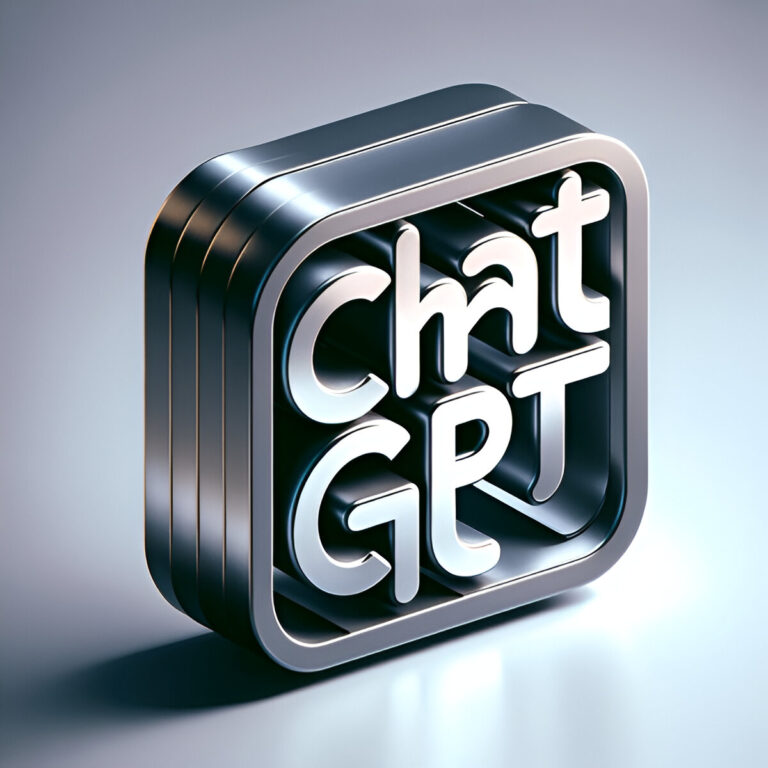When it comes to using ChatGPT to source data and information, it is time-saving, but the quality of the information you get depends on the references made by the model. Here are strategies to ensure ChatGPT provides data based on high-quality sources:
1. State What Type of Source You Want
Although it was trained on a vast scope of information, ChatGPT doesn’t query real-time web searches on its own accord. To obtain accurate answers, distinguish the type of sources you would prefer to see ChatGPT derive from.
Use phrases like:
- “I need the data based on peer-reviewed journal articles in this area.”
- They should use information from either official government publications or official reports where available.
- It appears that summarizing findings from leading academic journals is definitely the most frequent requirement that is put before these systems.
For example:
The global public should stop asking such questions as “What causes climate change?” try:
“Summarize possible causes of climate change by responding to the following questions stating your sources as peer reviewed academic articles or from IPCC reports.”
2. Request Citations and Authoritative References
ChatGPT can provide more credible answers if it relieves the user from stating that the provided information is to be backed by its source or authority.
Examples of reliable sources to ask for include:
- Information from academic journals such as Nature and The Lancet.
- Newspapers/ international dailies, research journals, papers, articles from reputed academic journals, and other related sources, such as the World Health Organization and the United Nations, are examples.
- Scholarly or academic journals, particularly, and credible databases, including the PubMed and JSTOR databases.
For example:
Vaccine research has made great progress in recent years, and the following WHO and PubMed studies can be cited.
3. Leverage Web Search Capabilities for Real-Time Data
If you are using ChatGPT with internet browsing capability, you can inform it to focus on certain types of information.
Example prompt:
Find some of the latest articles related to issues of ethics in AI, with all of them sourced from reputable tech-centric media outlets such as Wired, The Verge or Tech Crunch etc.
This means that the content found is obtained from reputable sources by default.
4. Be Specific and Proactive in Your Queries
The more specific a prompt is, the more likely the chatbot can provide only high-quality material. Avoid general phrases such as ‘tell me’ in the instructions; instead, be exact in the language.
Example:
- Instead of: Aside from the issue of benefits, the question, “What are benefits of meditation?” can be posed.
- Try: “The practical advantages of meditation: A review of evidence from academic psychology journals and health related associations, such as the American Psychological Association.”
5. Cross-Check and Validate Information
ChatGPT can also summarise information from trusted sources, but the information must be checked personally.
- Fact-check hybrid sites such as Snopes or PolitiFact can be used.
- Bluestacks often help cross-reference data with various academic bases, such as Google Academic, Google Scholar, JSTOR, or ResearchGate.
This is especially so when it is found that ChatGPT reproduces its information from reliable sources; cross-checking still makes the sources more certain.
6. Ask for Recent Updates
If you really want to be certain that you are seeing numbers that have been recently accrued, be sure to state your desire to see this data. For example:
Describe the advancements in renewable energy from 2023 gathered from credible energy magazines.
Final Tip:
The Use of AI when Incorporating with Human Judgment.
However, ChatGPT can help screen and summarise high-quality data, which should be used as a first step.
Use your critical thinking and barn fresh search to filter the information given.
If you use these approaches, you increase the effectiveness of ChatGPT’s answer and guarantee that ChatGPT is using reliable sources of information.

